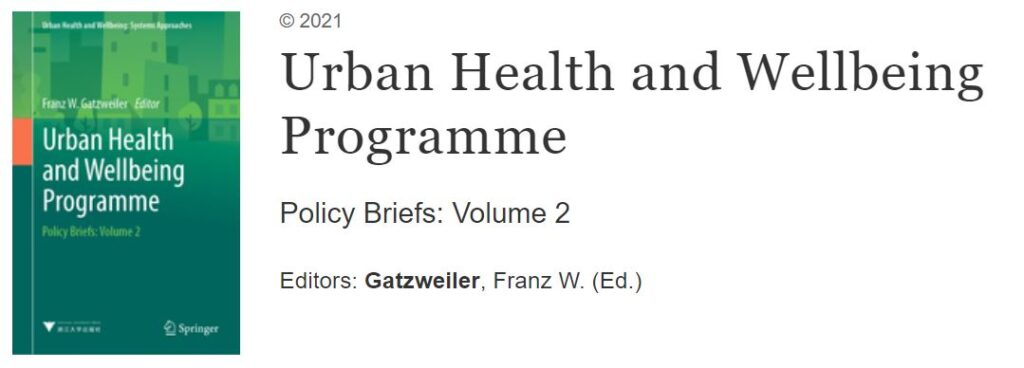In our most recent contribution to the Volume Two of the book series Urban Health and Wellbeing Systems Approaches, published by Springer and Zhejian University, we discuss the preliminary findings of our research project currently conducted in low-income communities in Medellin Colombia for our program Planting Seeds of Empowerment: Mental Health and Wellbeing of the Read More

